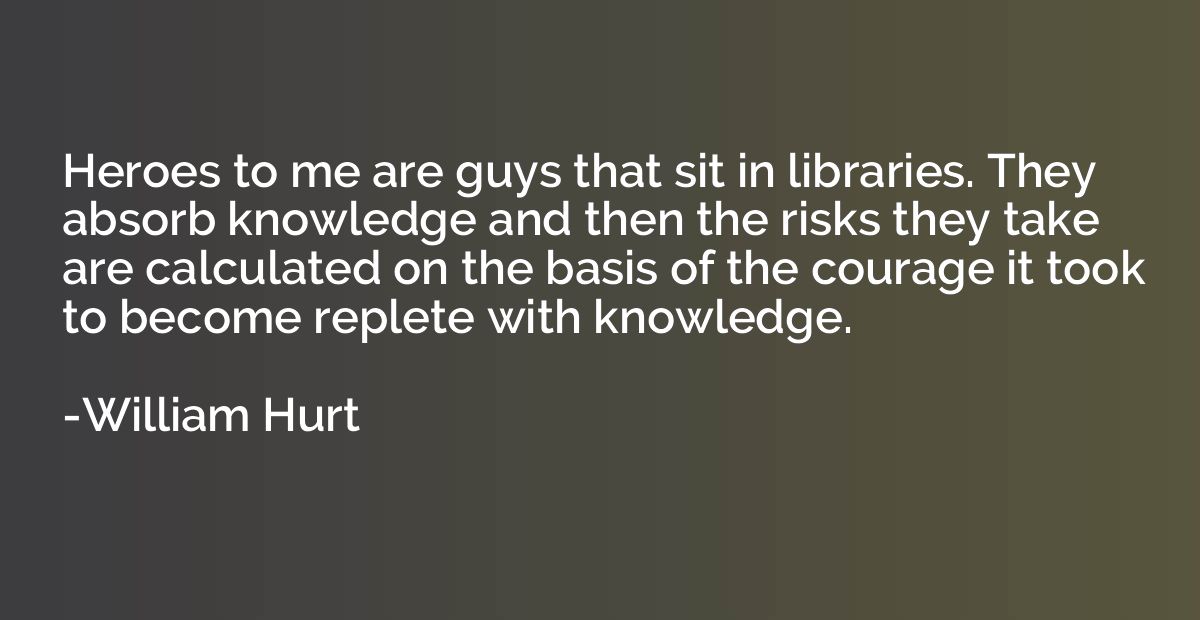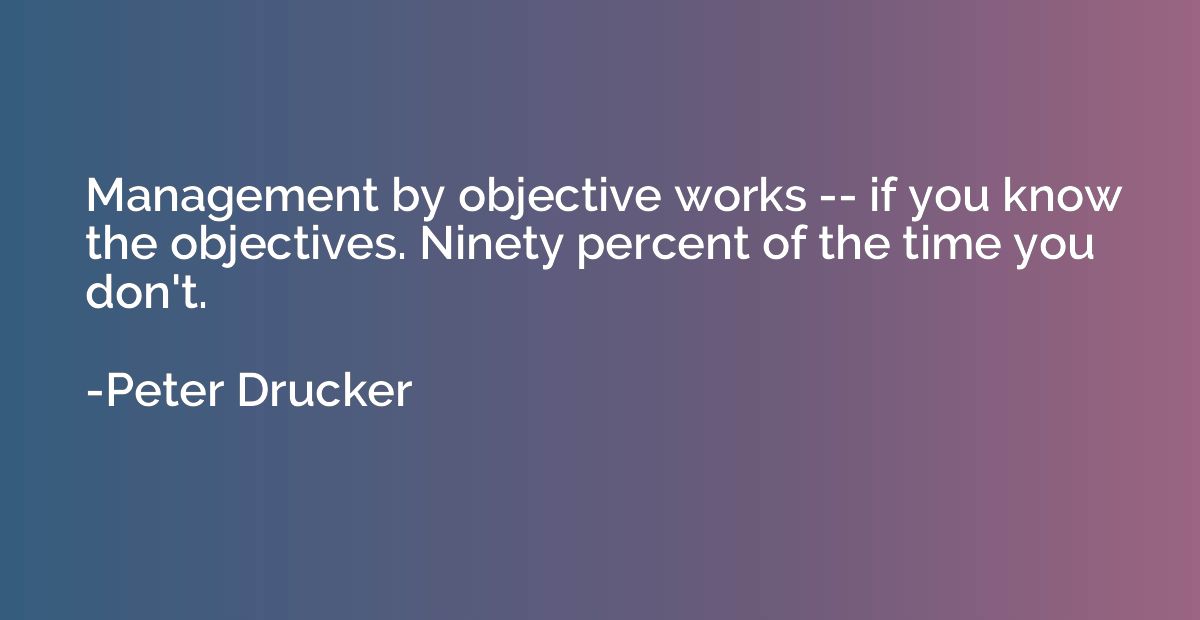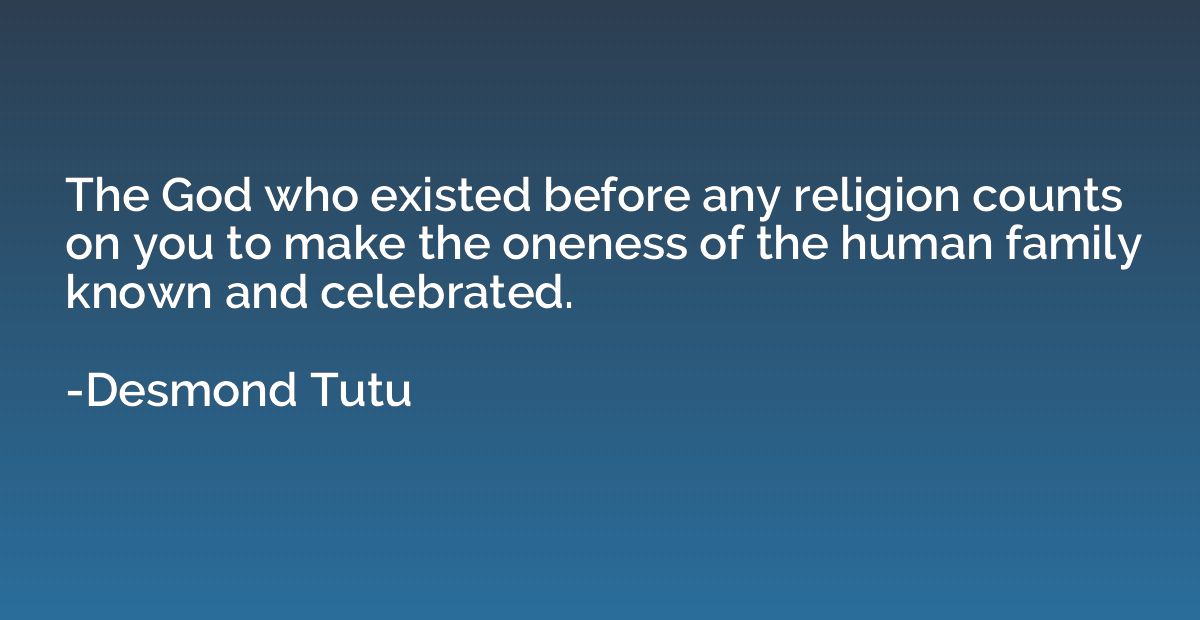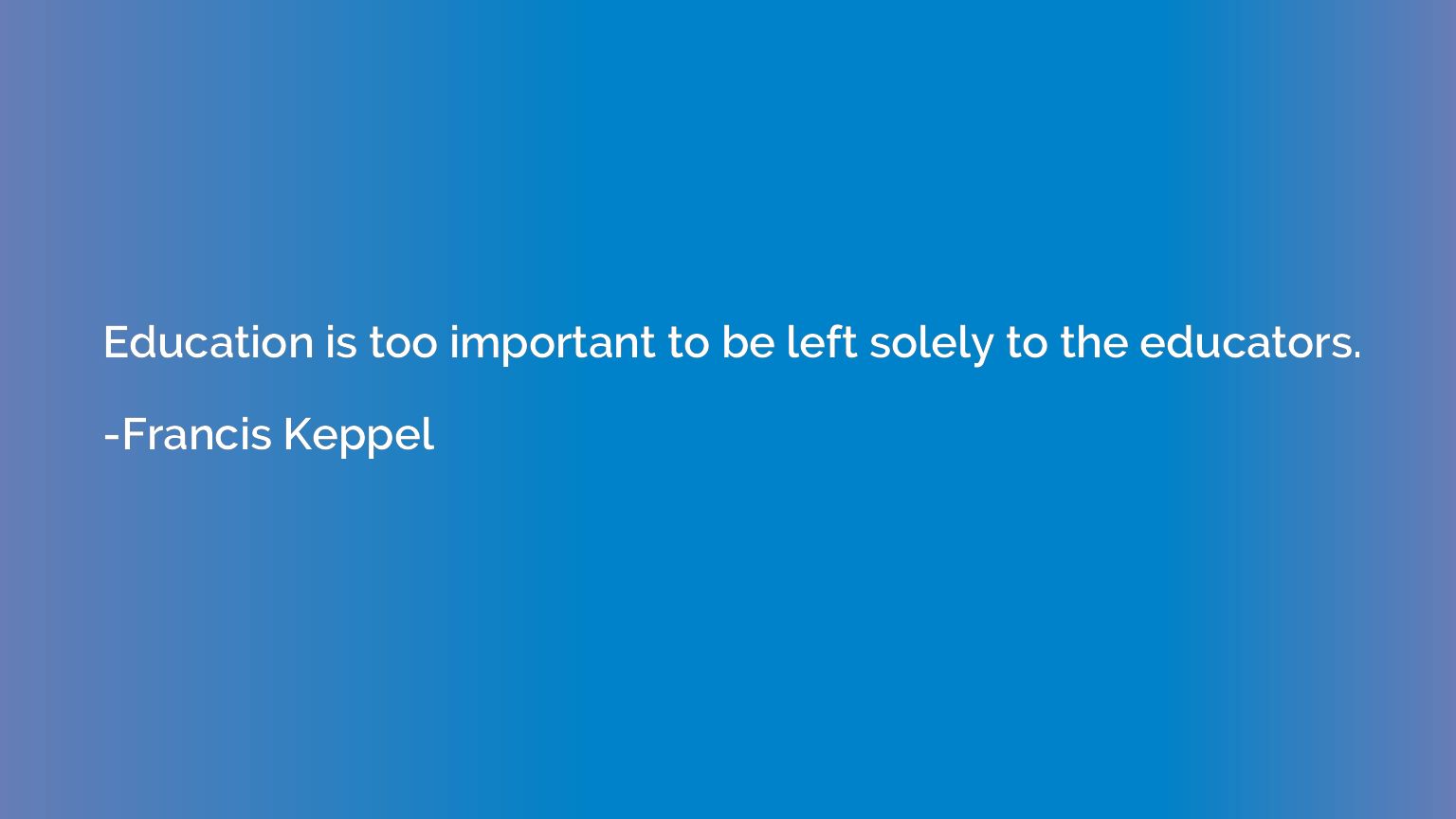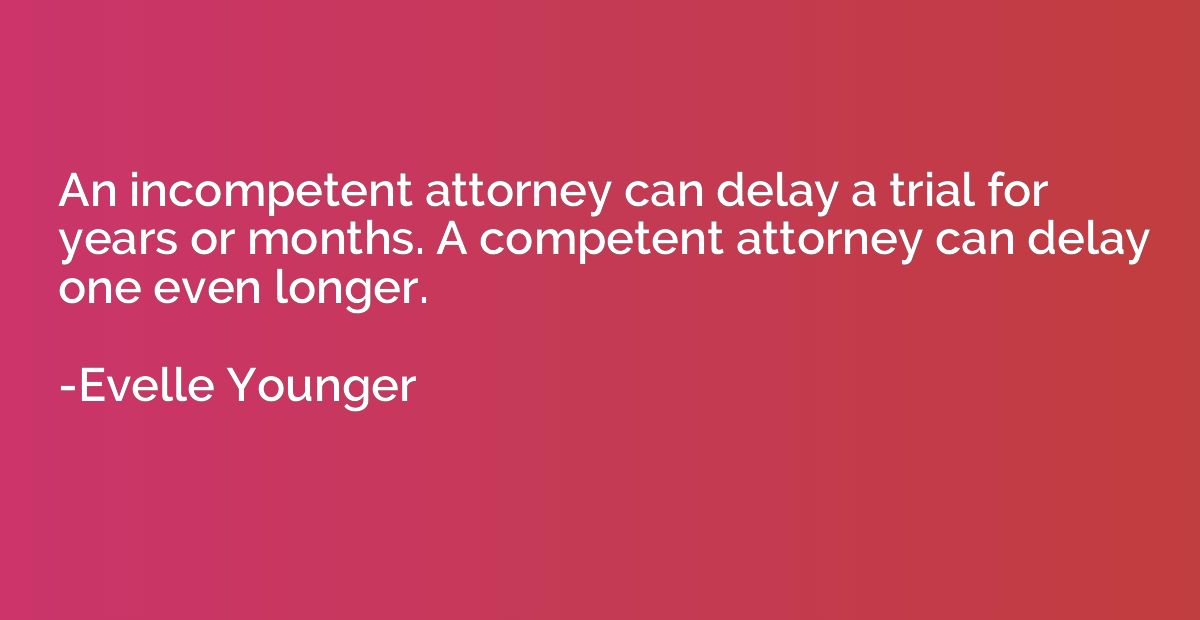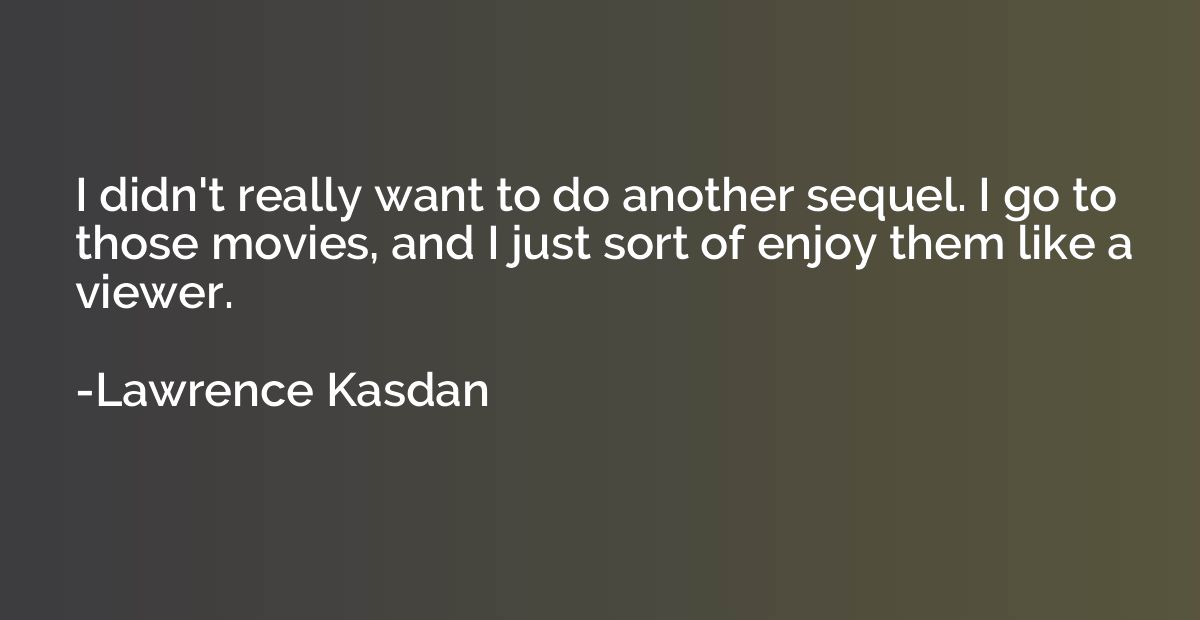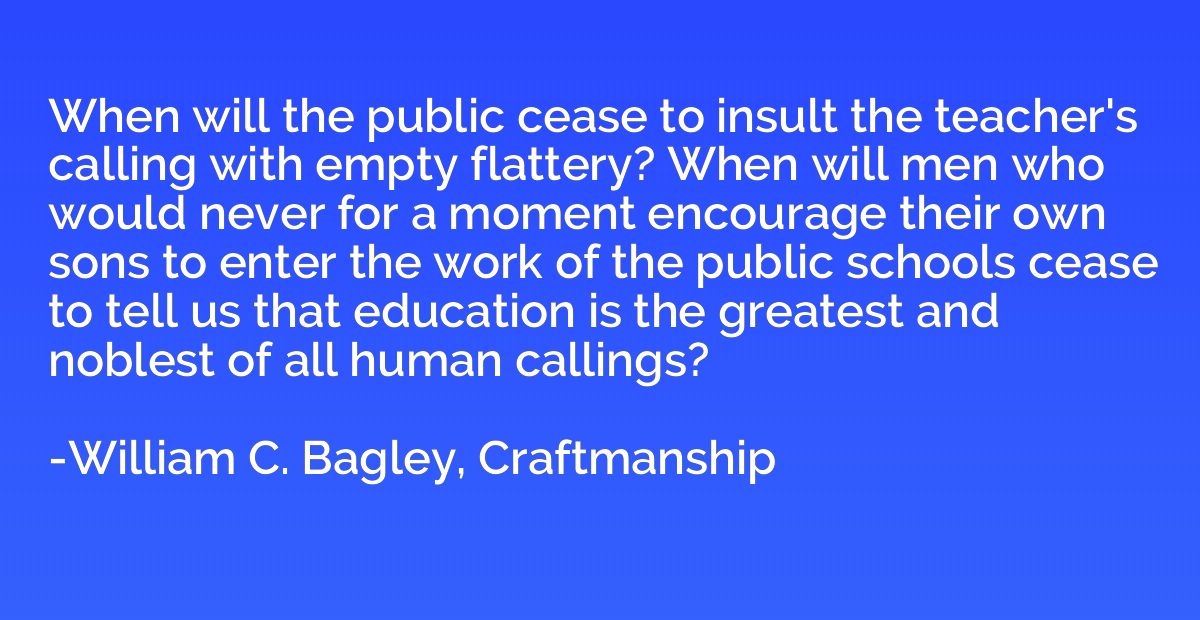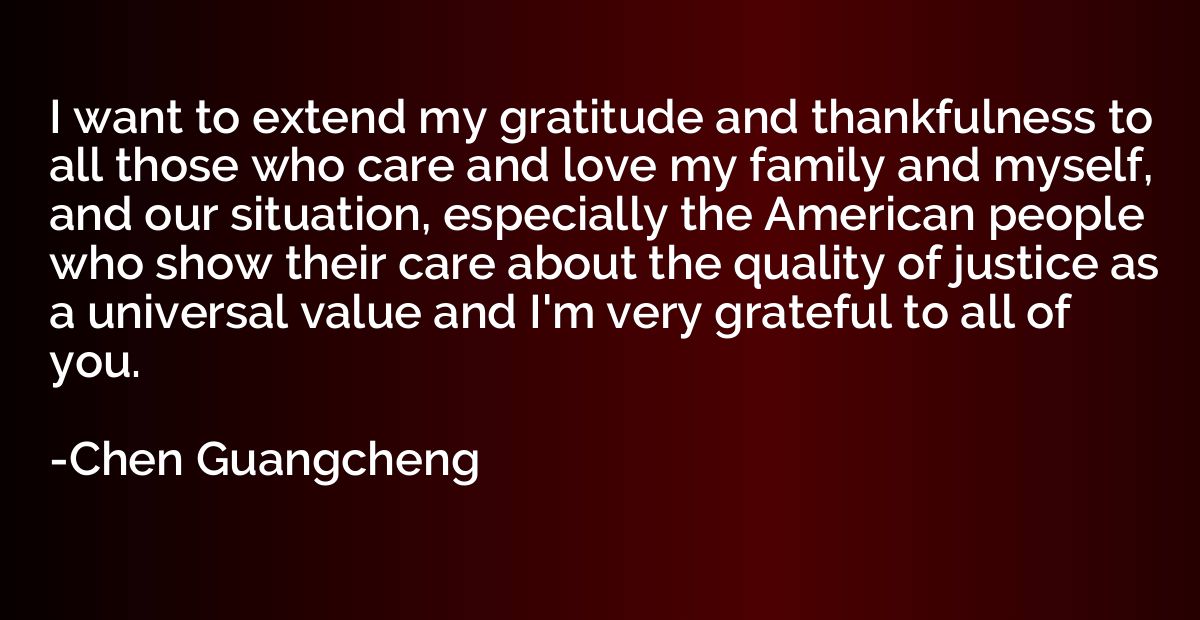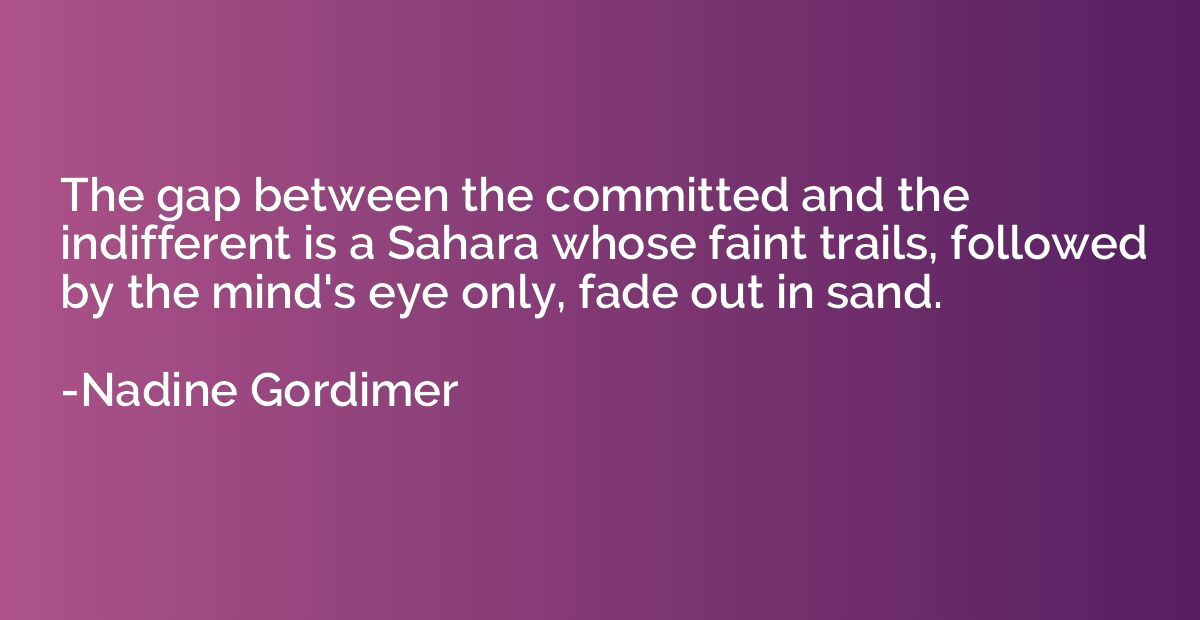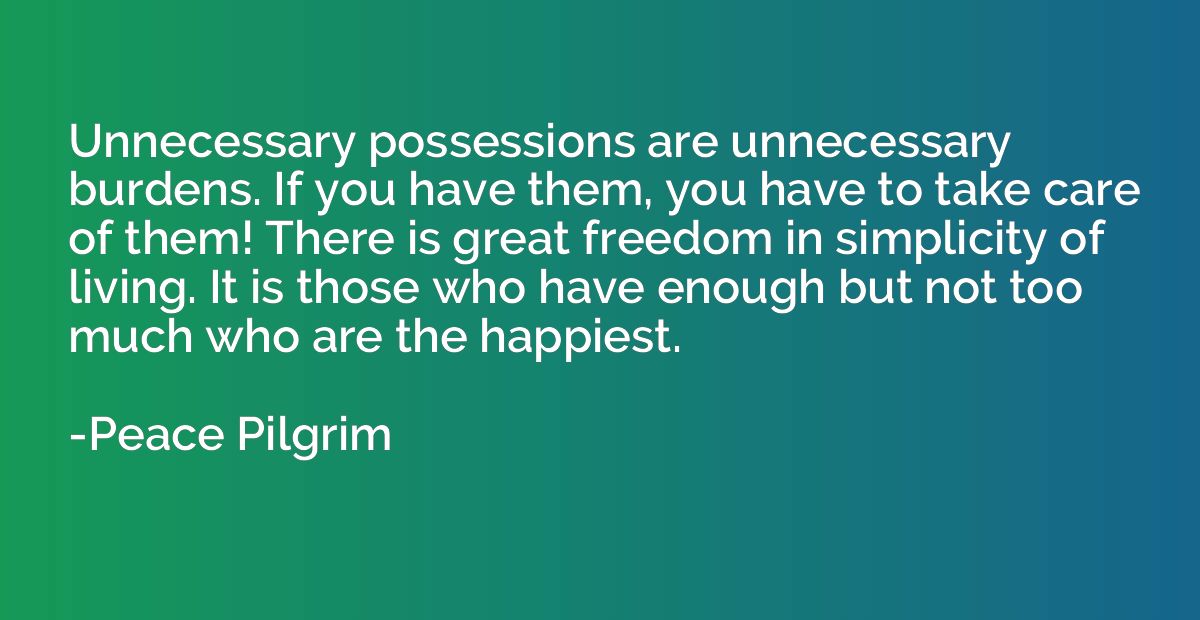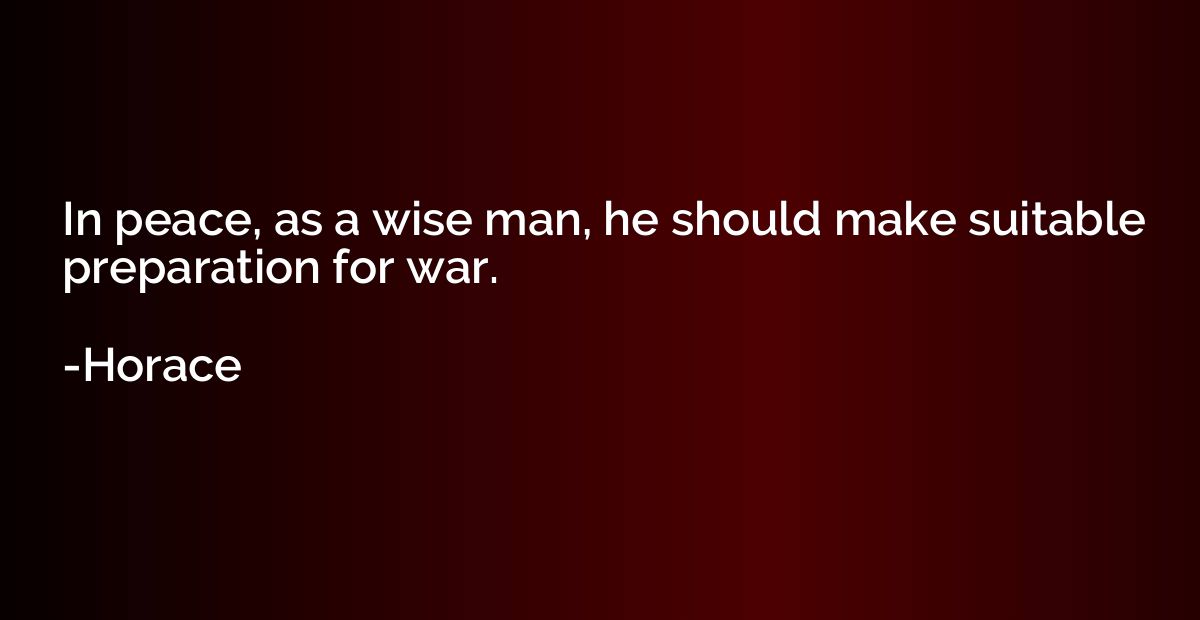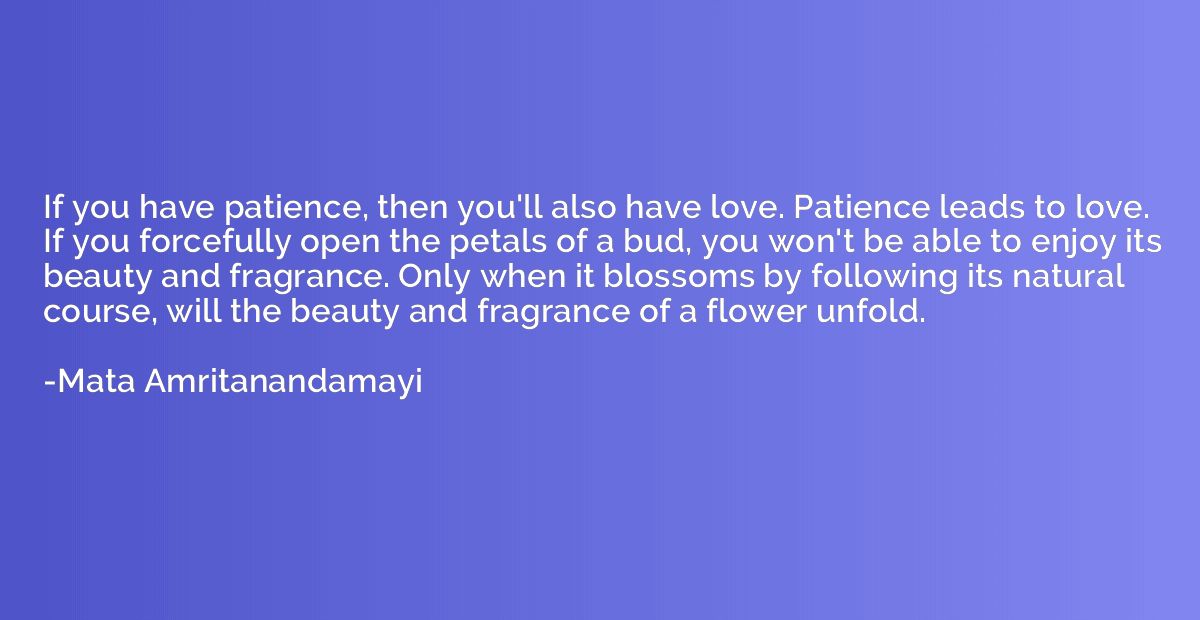Quote by Oliver Goldsmith
Don't let us make imaginary evils, when you know we have so many real ones to encounter.
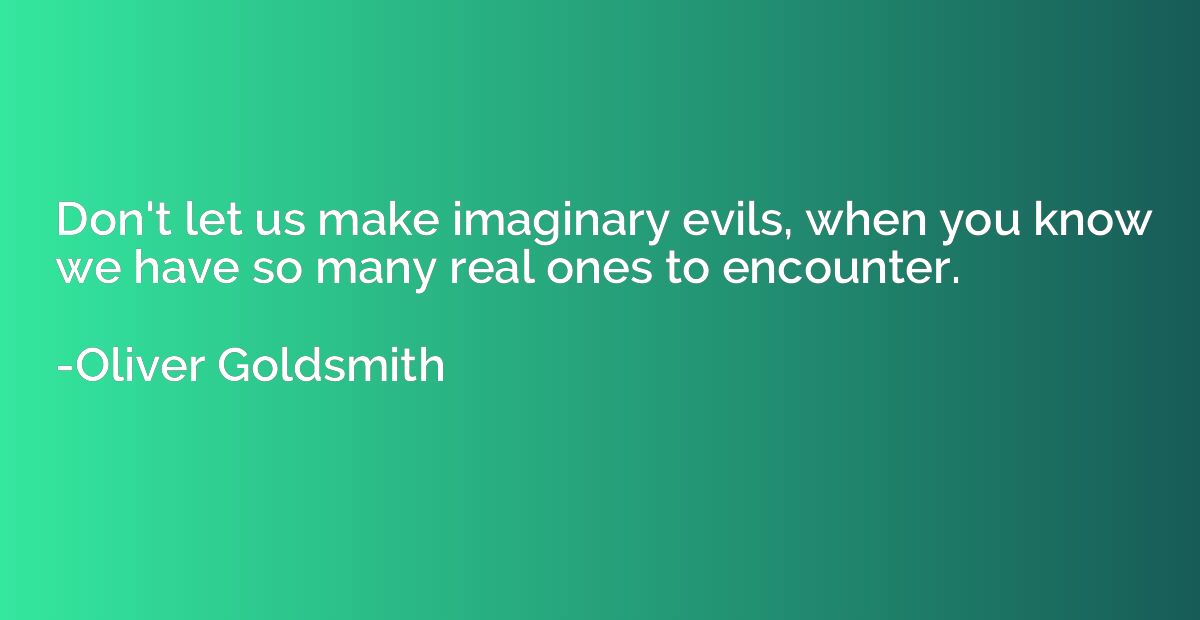
Summary
This quote encourages us to focus on addressing the tangible challenges and issues that exist in reality, rather than needlessly creating and worrying about imaginary problems. It reminds us to prioritize and tackle the actual, pressing difficulties that surround us, rather than getting caught up in unfounded fears and imaginary dilemmas that divert our attention from genuinely important matters. By emphasizing the presence of countless real challenges, the quote urges us to stay grounded and deal with the existing problems rather than spiraling into unnecessary imaginary worries.



